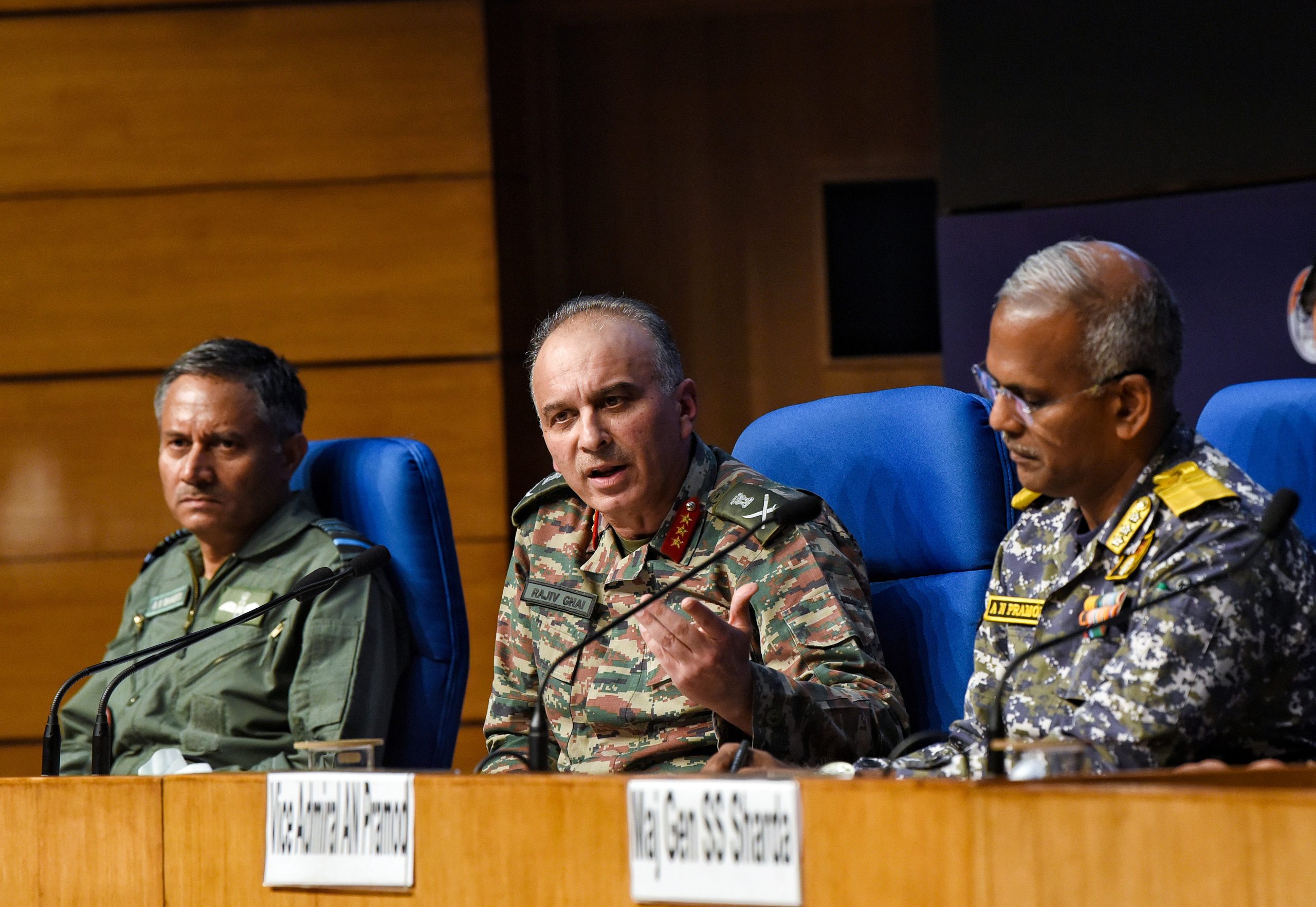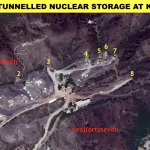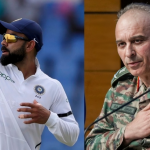As India and Pakistan announced a mutual ceasefire across land, air, and sea, attention has turned to the Directors General of Military Operations (DGMOs) — the senior military officers who played a pivotal role in facilitating this de-escalation. These high-ranking officials are often the first point of contact between the two nations during heightened military tensions.
According to Foreign Secretary Vikram Misri, the decision to halt all hostilities was made after a direct conversation between the two DGMOs on May 10. “The DGMO of Pakistan called the DGMO of India at 15:35 hours this afternoon. It was agreed that both sides would stop all firing and military action with effect from 17:00 hours IST,” Misri stated during a press briefing.
The DGMO of the Indian Army, Lieutenant General Rajiv Ghai, has held the post since October 25, 2024. He oversees military operations across India and along its borders, reporting directly to the Chief of Army Staff (COAS). On the Pakistani side, the current DGMO is Major General Kashif Abdullah.
The DGMO’s role is central to India’s defense strategy. Apart from planning and supervising combat and counter-terrorism operations, the DGMO also coordinates with the Navy and Air Force counterparts — Vice Admiral A.N. Pramod (Director General Naval Operations) and Air Marshal A.K. Bharti (Director General Air Operations) — to ensure joint operational readiness. The DGMOs serve as liaisons for real-time communication between the two countries, especially through a direct hotline maintained for regular and emergency conversations.
The significance of the DGMO’s role is underscored during crises like the aftermath of the Pahalgam terror attack on April 22, which led to India’s retaliatory Operation Sindoor on May 7. While the Indian government continues to emphasize a firm stance against terrorism, the ceasefire agreement signals a strategic pause in active hostilities.
Beyond planning and executing operations, the DGMOs are key to managing military diplomacy. Their responsibilities include:
- Monitoring and de-escalating border tensions
- Conducting weekly or emergency hotline talks
- Advising the top military leadership and Ministry of Defence
- Addressing violations and misunderstandings on the ground
In the recent MEA press briefing, key representatives including Wing Commander Vyomika Singh, Naval Commodore Raghu R. Nair, and Colonel Sophia Qureshi reaffirmed India’s commitment to measured responses and professional military conduct.
While Pakistan reportedly violated the ceasefire just hours after it was announced, the role of the DGMOs remains crucial. Their communication helps prevent minor incidents from spiraling into larger conflicts and provides a channel for clarifying intentions when diplomatic ties are strained.
In a region frequently rattled by flashpoints and mistrust, the DGMOs represent a vital stabilizing mechanism — blending military precision with strategic diplomacy to manage peace, even in times of turbulence.













